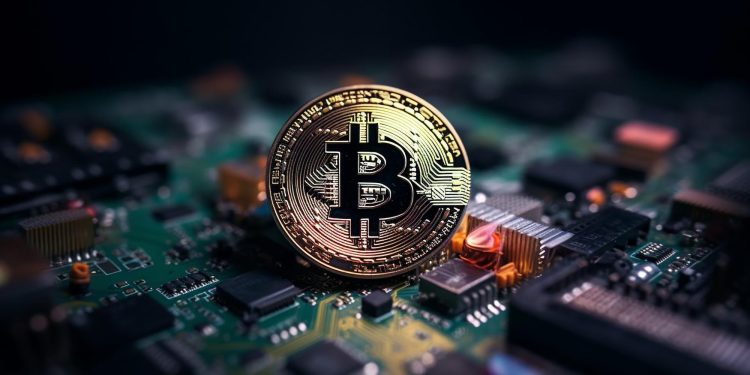Mastercard is actively seeking partnerships with self-custody wallet providers, including Ledger and MetaMask, as the global technology firm continues its expansion into the world of cryptocurrency.
A Web3 strategy workshop report obtained by CoinDesk revealed that Mastercard’s strategic decision aims to assist wallet providers in boosting the number of active users they have, bolstering loyalty and additional revenue streams, as well as enabling cardholders to spend their cryptocurrency in a seamless way.
In an e-mail to CoinDesk, a Mastercard spokesperson said:
“Mastercard is bringing its trusted and transparent approach to the digital assets space through a range of innovative products and solutions—including the Mastercard Multi-Token Network, Crypto Credential, CBDC Partner Program, and new card programs that connect Web2 and Web3.”
Moving Forward with Crypto, Despite Regulations
Cryptocurrencies continue to face significant headwinds, particularly in the United States—and as a result, there’s been more demand for regulation.
Despite these challenges, the cryptocurrency market is still growing, with the global crypto market valued at more than $2 trillion. The potential of cryptocurrency has not been confined to crypto enthusiasts or investors, governments and businesses worldwide are beginning to accept cryptocurrency for payment as well.
Hong Kong, for example, is looking to become a cryptocurrency hub. In June, under new regulation, they began accepting applications for licenses from crypto exchanges. Upon approval, exchanges will be granted permission to sell tokens like Bitcoin to individual traders. Under the new rules, exchanges will be required to assess the client’s understanding of crypto, tolerance for risk, and impose risk-exposure limits.
This is in stark contrast to mainland China, where cryptocurrencies were banned in 2021. It is currently forbidden to sell tokens, trade crypto, or conduct any transactions using virtual currency derivatives. China’s central bank declared that all cryptocurrency transactions were essentially illegal activities that can jeopardize the safety of peoples’ assets.











